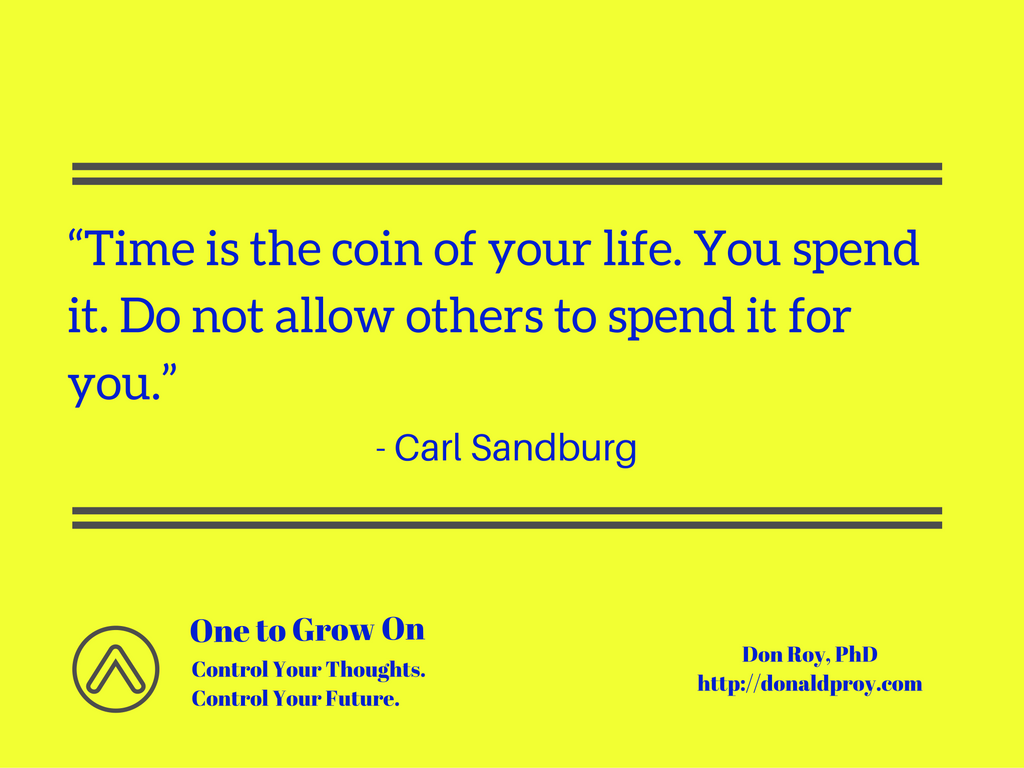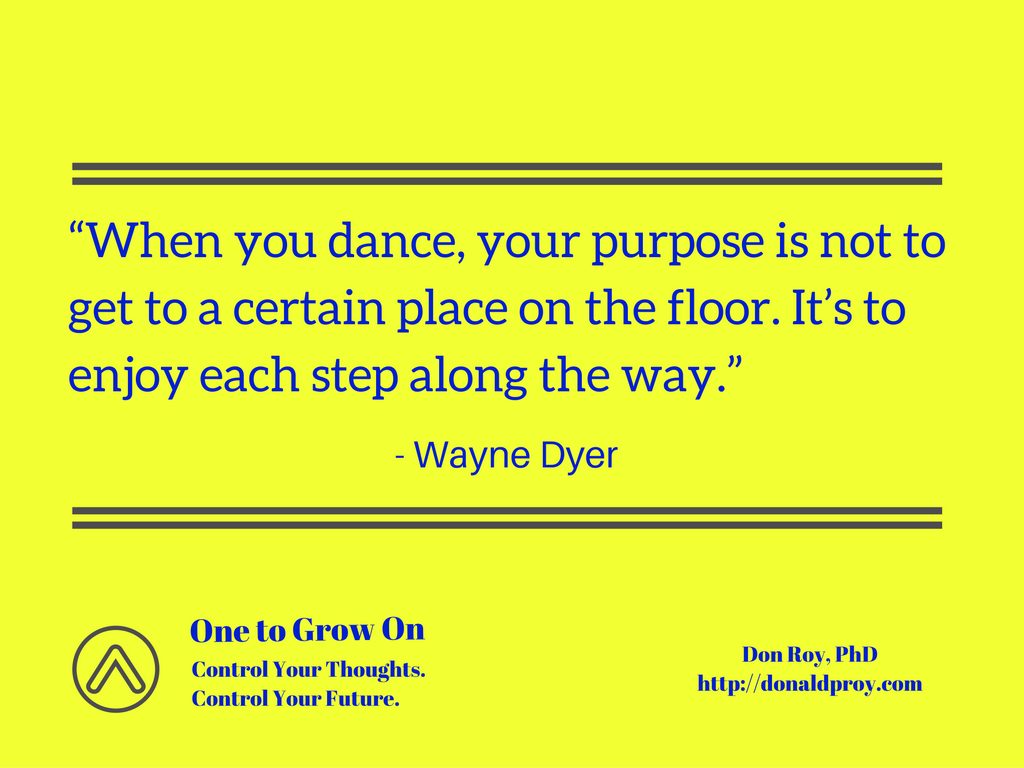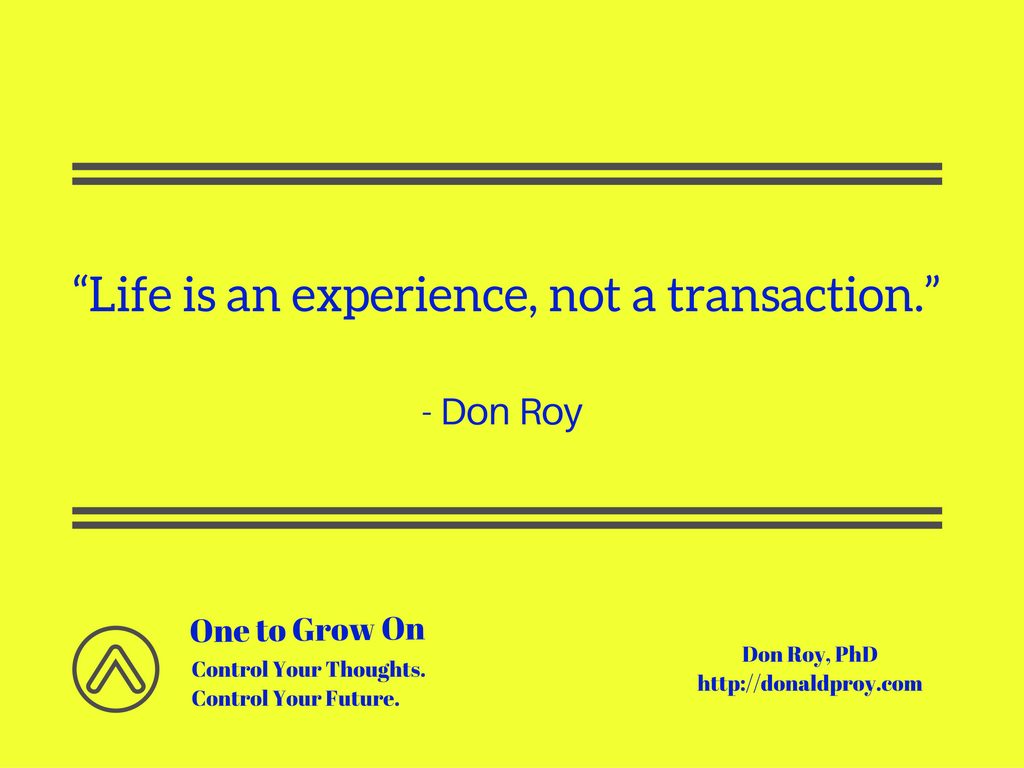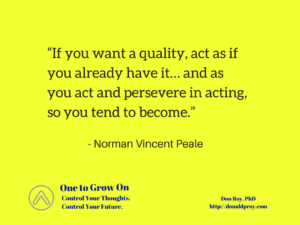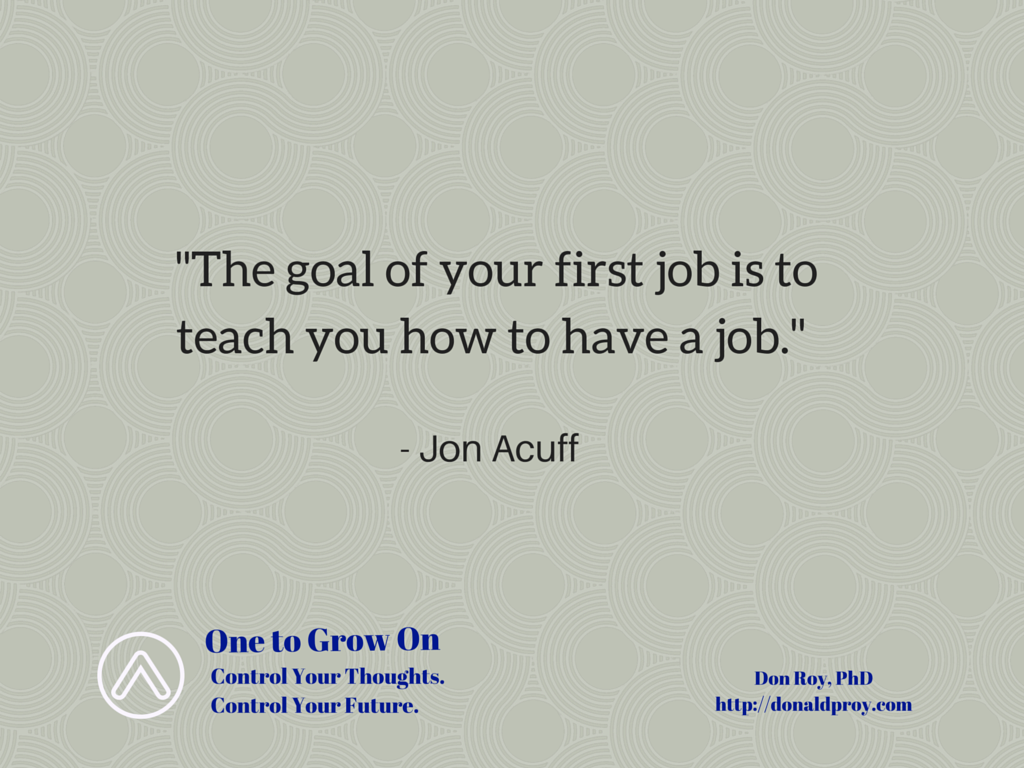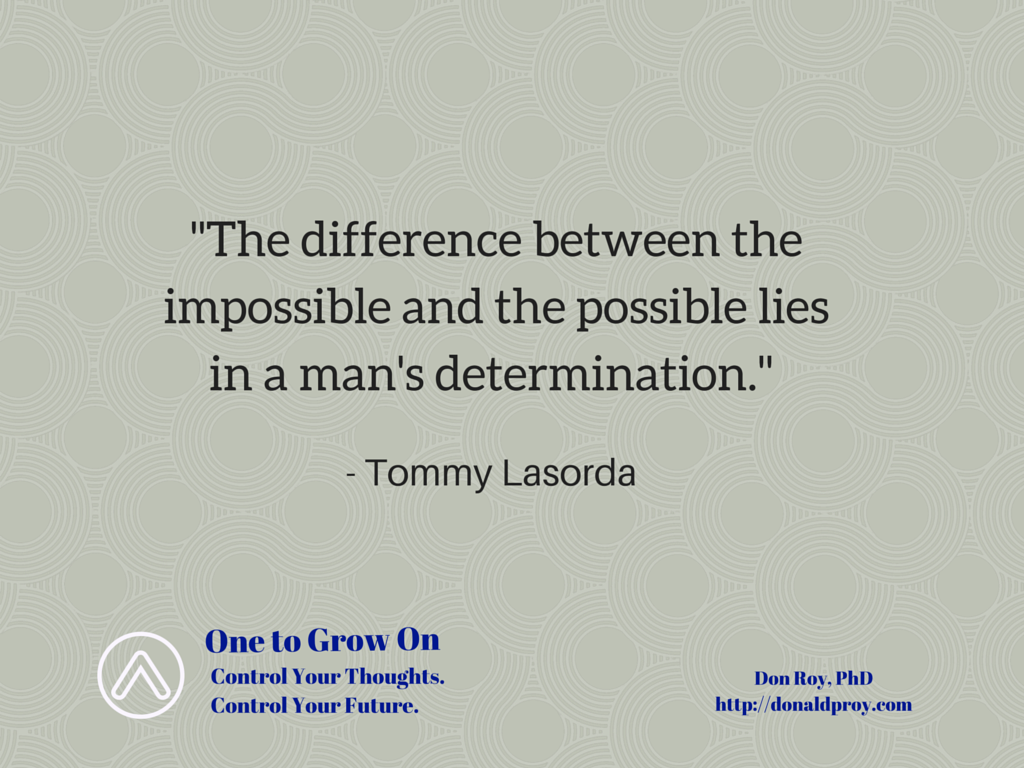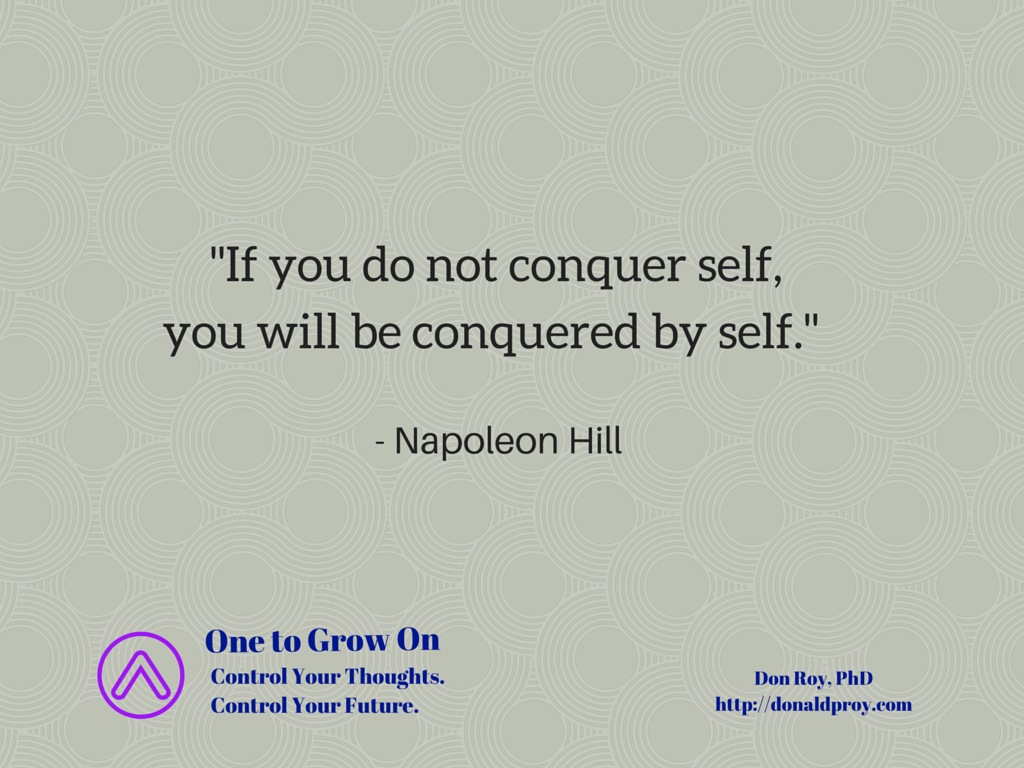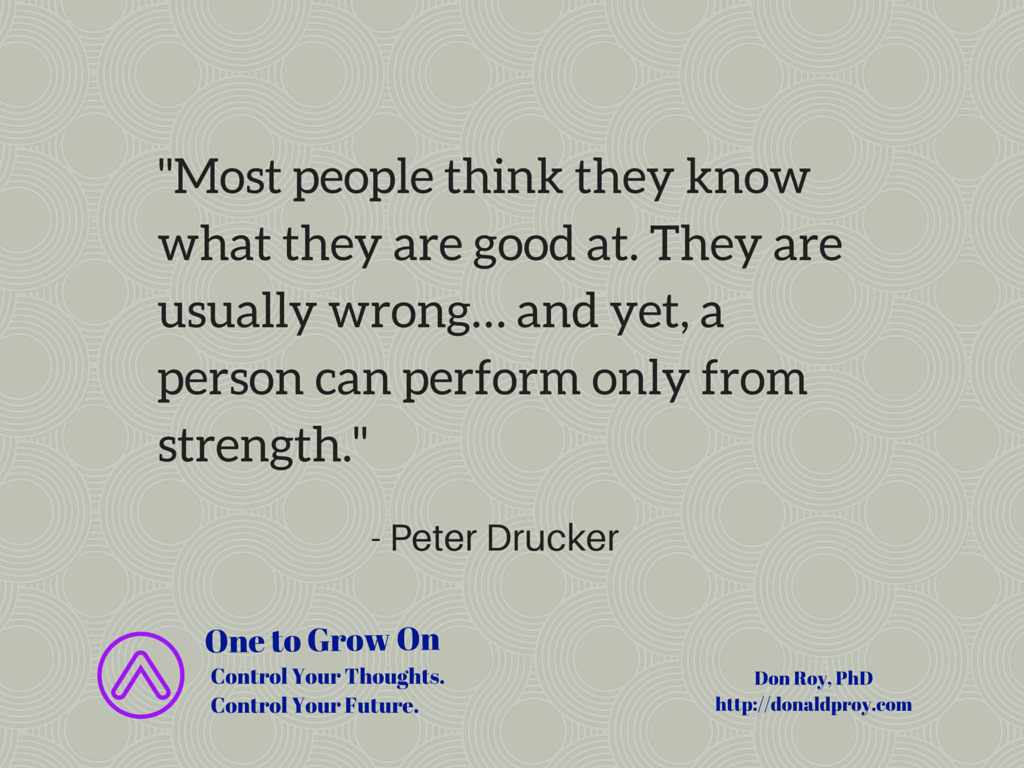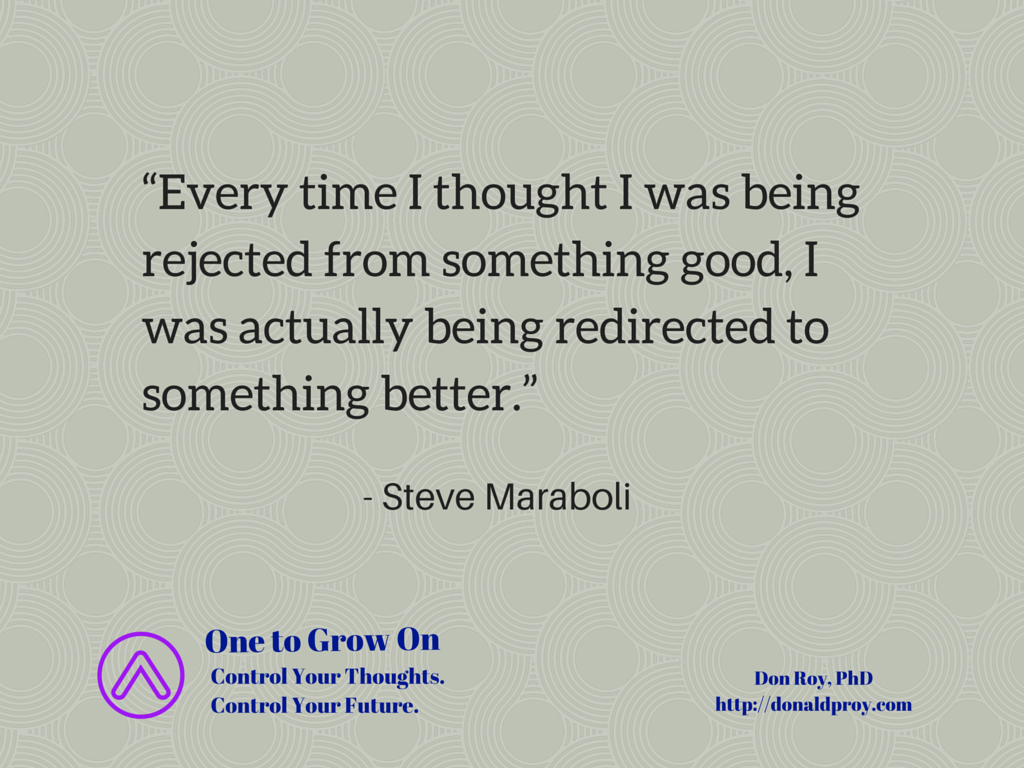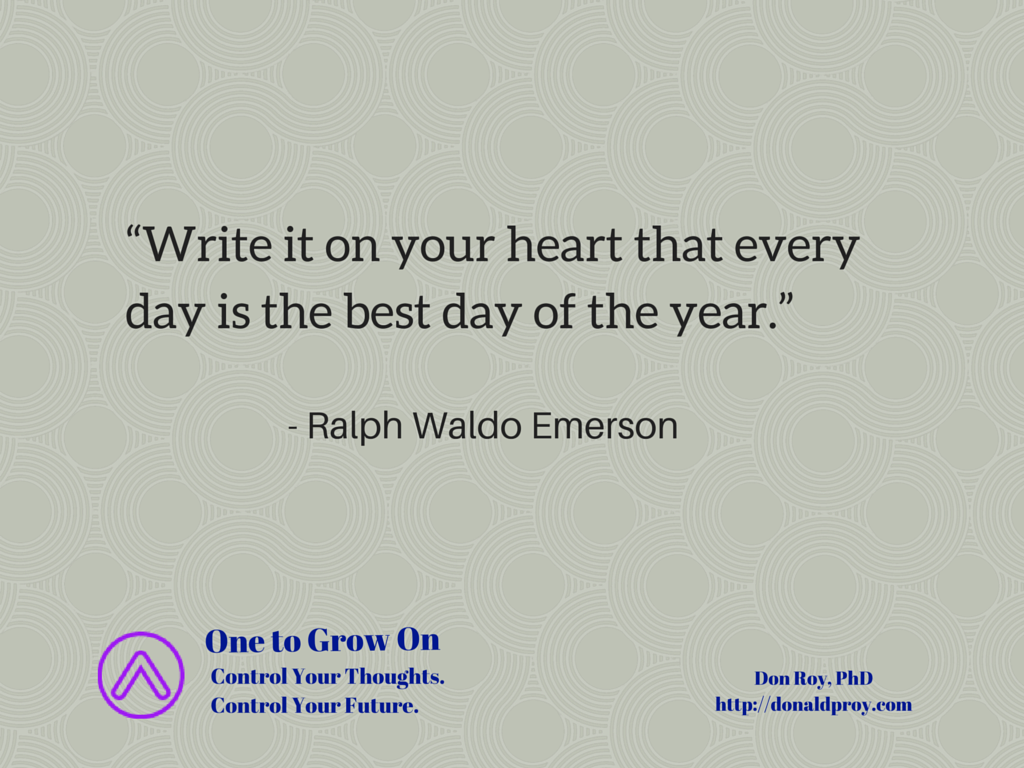
The most valuable and scarcest resource I manage is time. Unlike money, relationships, and other key resources, the amount of time available is fixed. The bad news is that it will not grow—you will not acquire more hours in the day. The good news is that time will not be taken away from you either… unless you allow it. So, the challenge for maximizing time is not making more of it (that can’t be done) but rather make the most of available time. Is time working for you or working on you?
The thought I am going to keep top-of-mind this week is attributed to poet Carl Sandburg. His analogy of time being like money is a comparison with which we can relate. We would not grant others authority to spend our paychecks; why should we enable others to decide how to spend our time? Time maximization (which I prefer to time management) is an area of my life that is a work-in-progress. However, two practices that make a noticeable difference for me are setting priorities using a to-do list and having a morning ritual.
Write It Down
The best chance I have of completing necessary tasks and follow-up actions is to write it down. The combination of being busy and getting older make relying on memory an increasingly ineffective project management system. Managing time occurs daily, but it begins by setting goals—what do you want to be, do, or have? Starting with the end in mind gives direction to how we spend our time.
My system for managing time using a to-do list is a two-step process. First, every Friday I spend 30 minutes or so writing down all of the major actions that must be done the following week—advancing a research project, preparing class meetings, scheduling meetings, and more. Mapping out the week before it begins gives me a feeling of being in control over my time. Even if I have a lot to do, there is a plan for getting it done. The plan is not always met or followed, but at least I have a starting point that orients how I spend time.
Second, the to-do list created before a new week begins is updated daily, adjusting priorities as needed. New tasks or obligations can pop up; allow some flexibility in your schedule to absorb unplanned additions. I have made the mistake of over-scheduling, not acknowledging realities like a surprise project from a boss or personal matter that needs attention. Give yourself room to breathe.
Start Your Way
Planning your day by writing down what needs to be done gives direction to your time. However, even the most carefully crafted to-do list can be derailed through no fault of your own. One way to guard against your time being spent by others is establishing a morning ritual. A great deal has been written about how successful people start their day. They can accomplish more in the first hour or two in the morning than most people get done in half a day.
The activities that make up a morning ritual vary from person to person. You set the agenda of what works to create momentum for your day. For some people, it is a time to knock out work when others will not bother them— reacting to emails and advancing work-related projects. Other people use their morning ritual for self-care. Reading, meditation/prayer, exercise, and personal creative projects are some of the interests pursued in a morning ritual that have nothing to do with work.
Two observations from my experience with a morning ritual are that consistency and preparation are keys to success. First, a morning ritual is most productive for me when I follow the same schedule. I recently came across the daily schedule Ben Franklin followed. He rose at 5:00 a.m. daily and set aside the first three hours for planning, reflection, eating, and study. Following a morning ritual becomes a habit, just as not following one is a habit. Second, the available time for the ritual is maximized when I plan the night before what to do the next morning. It would be easy for social media and other online content to consume the limited early morning time. A plan for how to spend that precious time window reduces the threat of such diversions.
Practice Time Security
We go to great lengths to protect our financial resources, but we often leave our time unguarded. I do not allow people to take funds from my bank account, yet I grant permission for others to make withdrawls from my time. I take Carl Sandburg’s quote on time as a call to strengthen time security. Make it harder for others to steal your time, including yourself. No one else has access to deciding how your time is spent like you. Be sure your time thief is not staring at you in the mirror.

